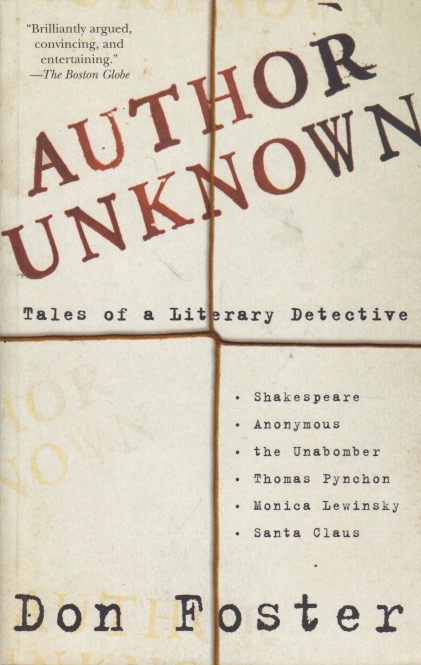Sometimes you just take a chance on a book you haven’t heard of. You see, I keep a very active “to read” list. The problem is that many books on it are a bit on the heavy side and it takes me a long time to get through lengthy books. Every once in a while I go to a bookstore to browse for a book that’s short and speculative. It seems that when I was growing up it wasn’t difficult to find fiction under 300 pages. In any case, that’s how I found Sunny Moraine’s Your Shadow Half Remains. It was in the “horror” section of a local bookstore. (Even “horror” sections are now difficult to locate.) It looked like it wouldn’t take me a month to read. It was a good call. It’s what I like in a scary story.
Not too gory and written with literary finesse, Your Shadow Half Remains is a pandemic story. Well, not literally, but sort of literally. It was published just this year and the story revolves around a pandemic in which people are infected by looking into each other’s eyes. Nobody knows for sure how this happens, but people who are infected begin to act violently toward those around them before killing themselves. Naturally, therefore, survivors begin to isolate themselves. So Riley moves to a lake cabin where her grandparents got infected and died, but since there’s nobody else around the contagion can’t spread. She lays in supplies and awaits, well, that’s just it—awaits what? Her plan is interrupted, however, when she learns that she has a neighbor. Maybe two.
One neighbor she starts to get to know, but they can’t look directly at one another and can’t really know each other’s motives. Herein hangs the tale. People are social creatures and the pandemic (in real life) caused much of its damage in the form of isolating ourselves from one another. Other people, instead of being companions, were threats. Especially in the early days when it wasn’t clear how the virus was spreading. The safest thing was to stay home and avoid others. It’s that aspect that Moraine really captures here. A woman set to try to wait this thing out alone, but then, another person complicates things. And how can you tell insanity from infection apart from insanity brought on by isolation? Both seem to lead to the same results. I took a chance on this unknown story, and it was a chance well taken.















